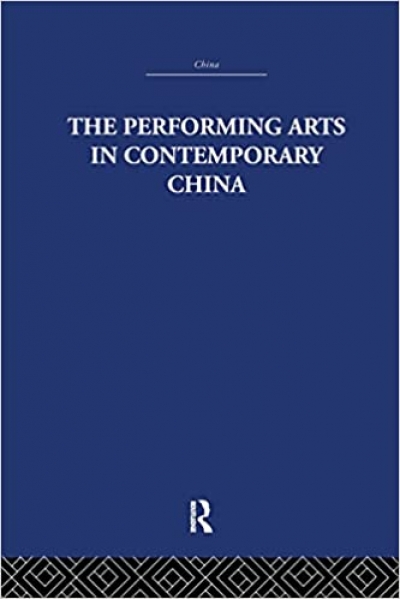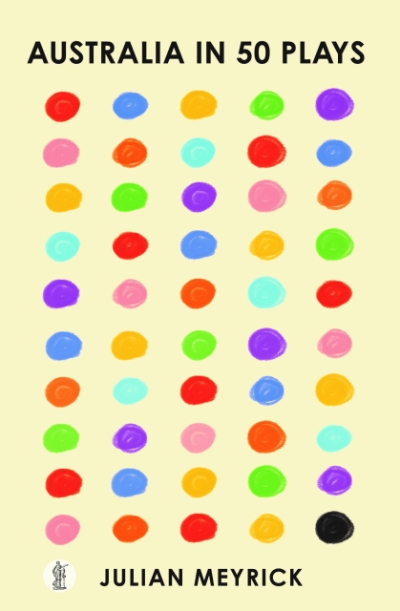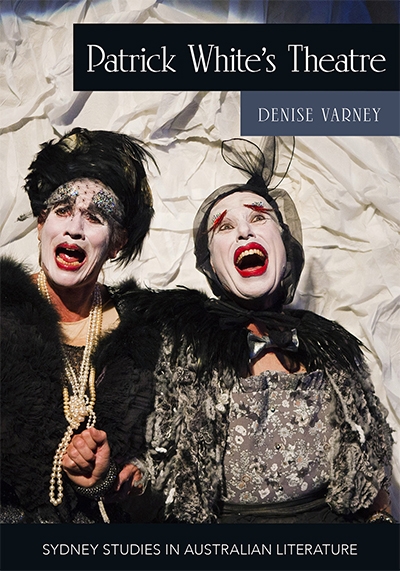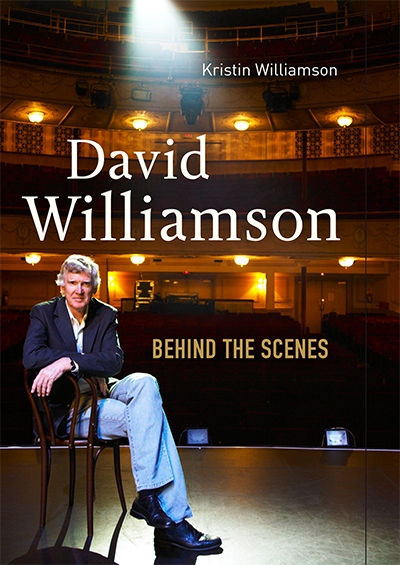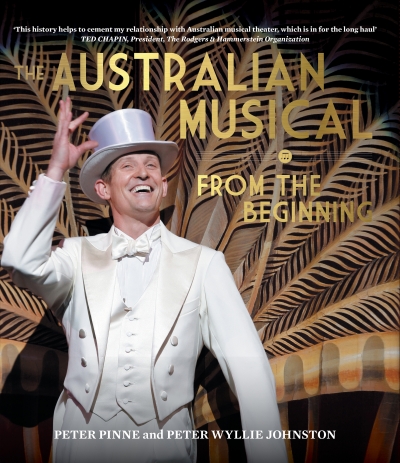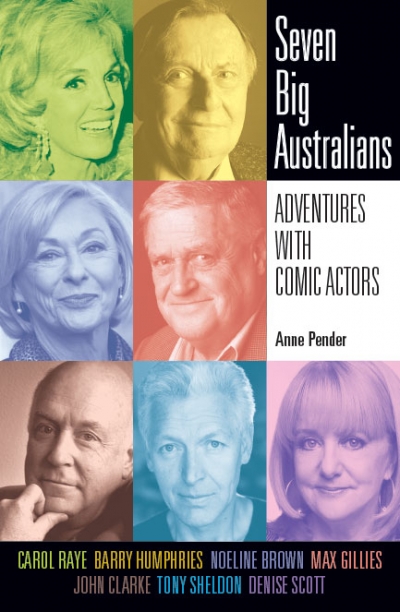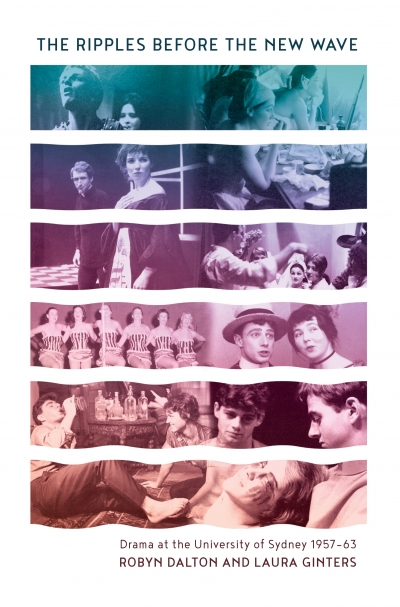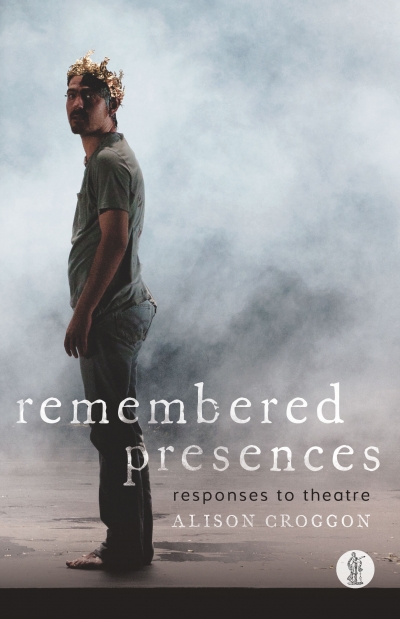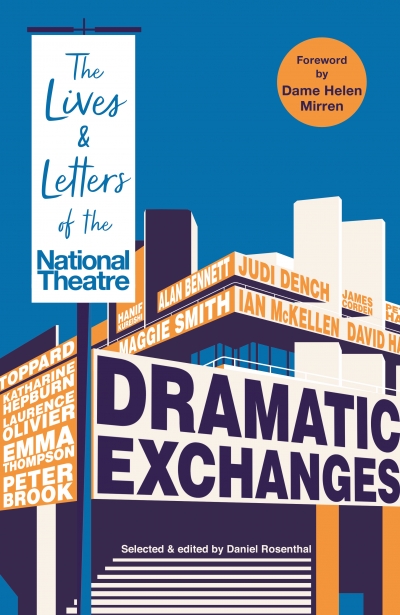Theatre
Patrick White’s Theatre: Australian modernism on stage, 1960–2018 by Denise Varney
by Jonathan Dunk •
The Australian Musical from the Beginning by Peter Pinne and Peter Wyllie Johnston
by Gillian Wills •
Seven Big Australians: Adventures with comic actors by Anne Pender
by Desley Deacon •
The Ripples Before the New Wave: Drama at the University Of Sydney 1957–1963 by Robyn Dalton and Laura Ginters
by Gillian Appleton •
Dramatic Exchanges: The lives and letters of the National Theatre edited by Daniel Rosenthal
by Ian Dickson •
The World Only Spins Forward: The ascent of angels in America edited by Isaac Butler and Dan Kois
by Tim Byrne •

